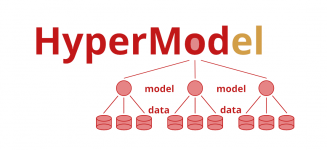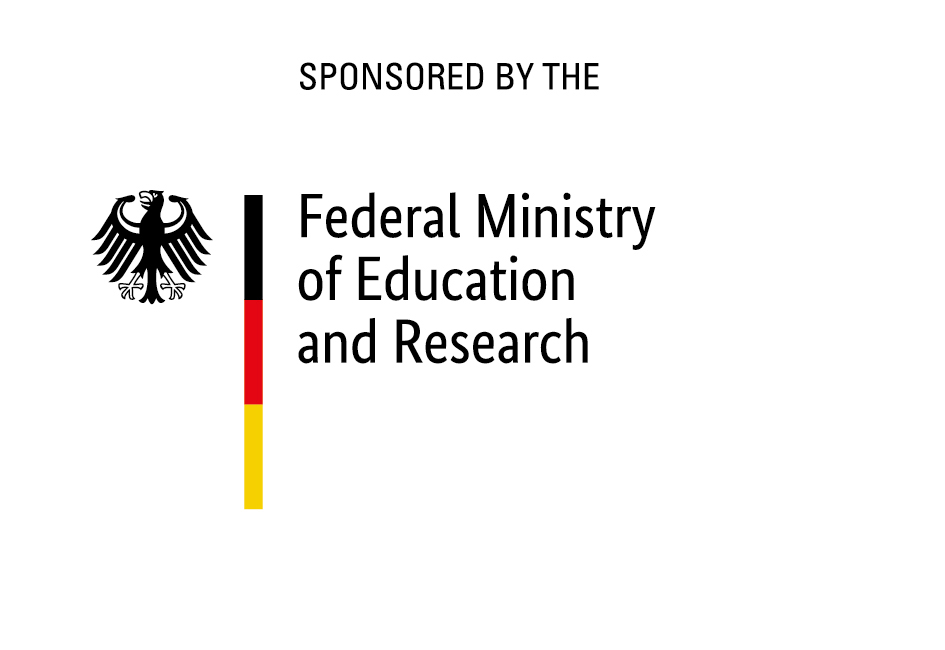
Intelligent Systems Research Group
HyperMod
In HyperMod a method for generalization of formal models is developed. The benefit is shown in the context of intelligent manufactoring cells and address two use cases: spot welding and 3D modeling applications.

Mathematical models are used in order to express real actualities in a formal manner. They are applicable to many disciplines, e.g. for modeling physical behaviour and properties for engineering tasks. Variation of the model parameters usually allows to represent different entities. Therefore, parametric mathematical models are able to represent classes of actualities, rather than single entities. Still, a single model, which for instance might be given in terms of a parametric mathematical function or a parametric boundary object representation, will always be limited to a certain class of actualities.
In HyperMod a new method will be developed, which allows to combine multiple models within a single hyper model. Therefore, the underlying single models will be generalized. This generalization will allow to find mappings between the single models and these mappings will then form the hyper model. After all, the hyper model will provide a unified representation of several, distinct classes of acutalities.
The practical benefit of our basic research will be shown in cooperation with our industrial partners Harms & Wende Hamburg and botspot GmbH in the form of two use cases: The first use case will take place in the context of spot welding and the other one in the context of 3D object reconstruction. Thus, the applicability of the results to a wide area of applications will be proved.
The project addresses all of our four basic research areas: Industrie 4.0, Data Modeling, Machine Learning and Computer Vision.
Some Results: A 3D morphable model fitting process to 3D data is depicted in the following video:

Further Information
Project Coordinator:
Prof. Dr. Norbert Link
Prof. Dr. Astrid Laubenheimer
Prof. Dr. Franz Quint
Funding: BMBF
Duration: 2016 - 2019